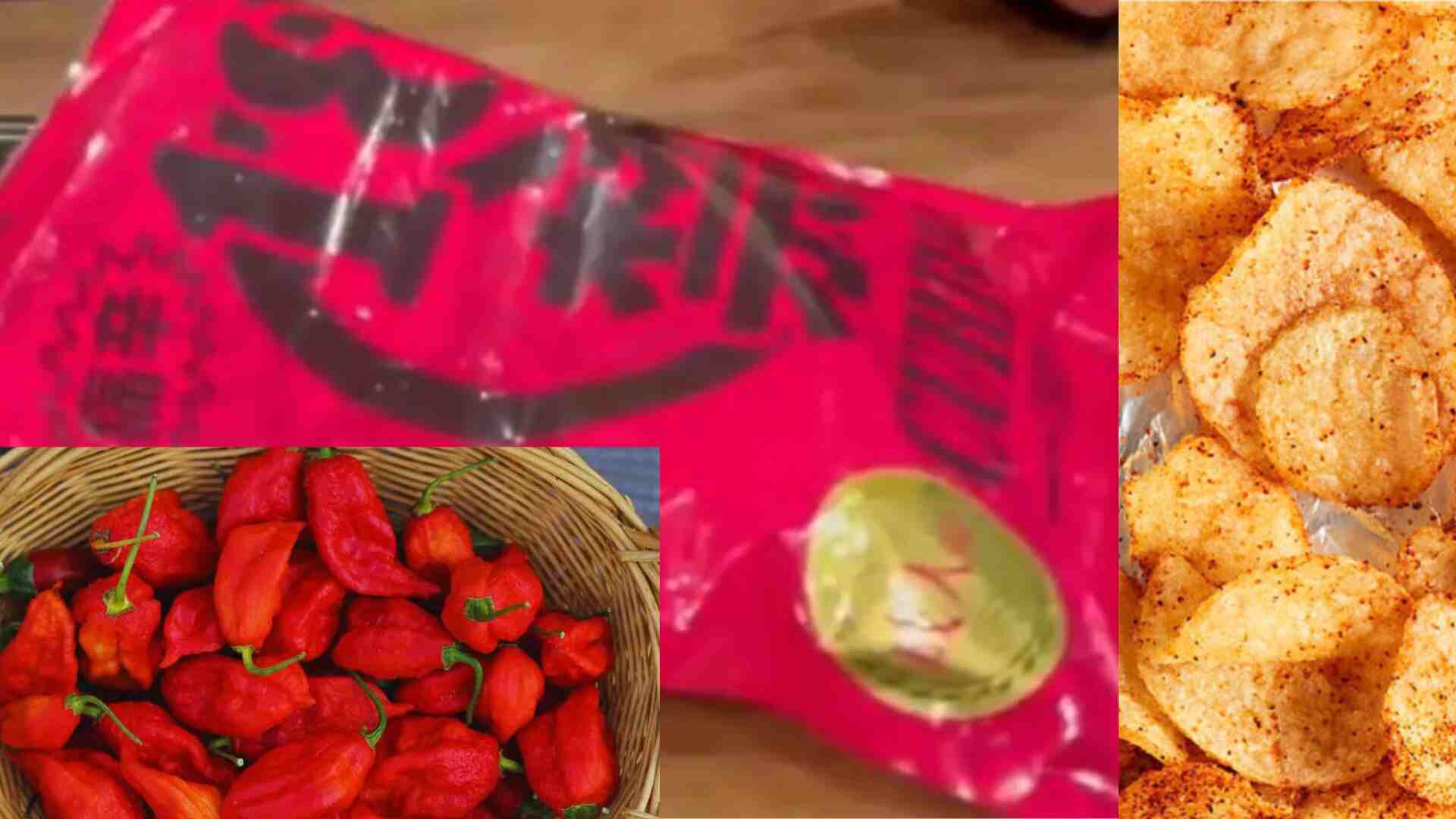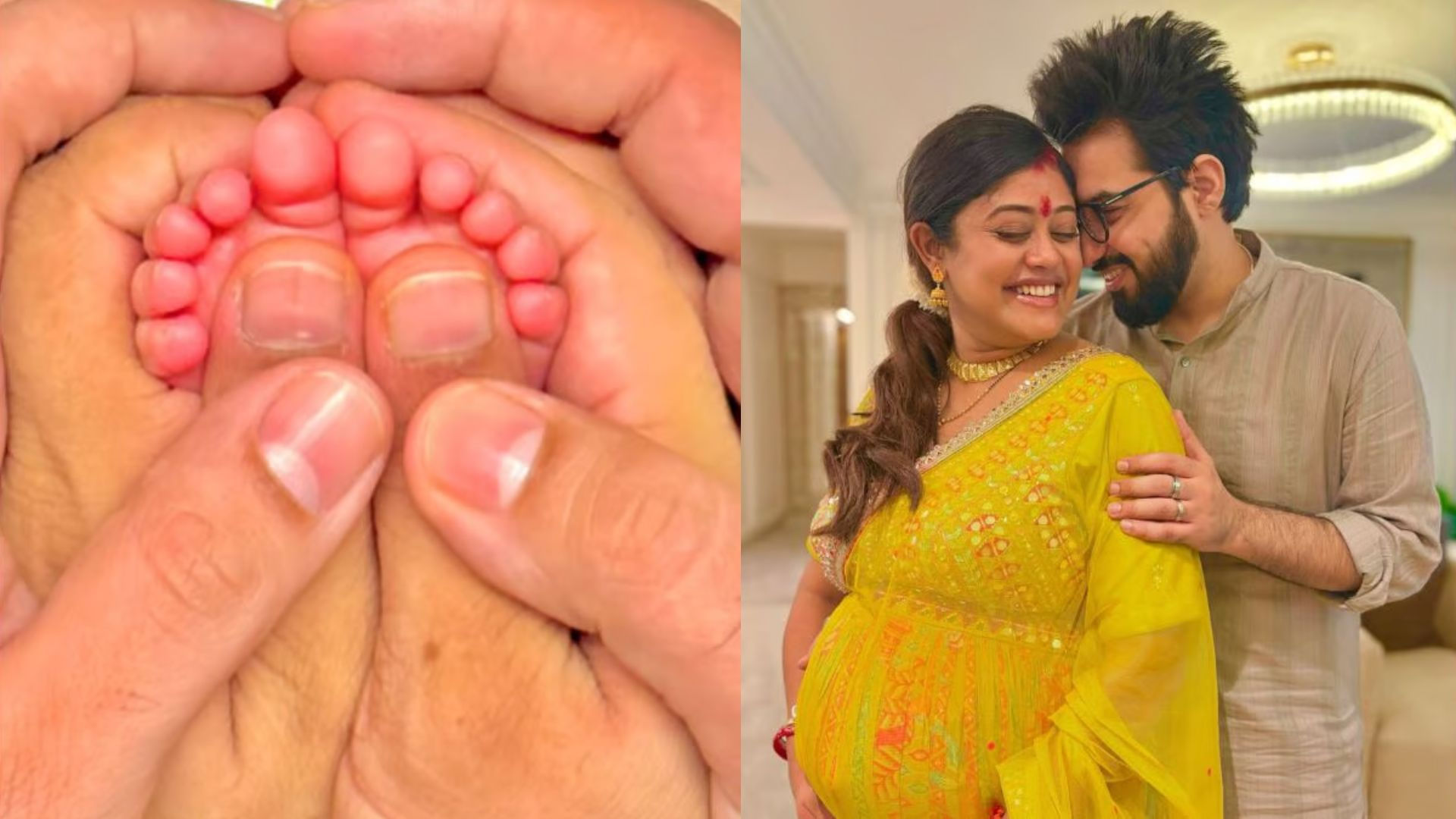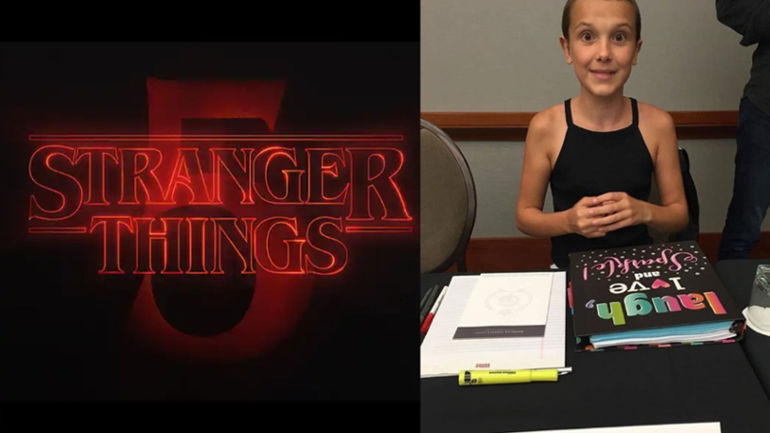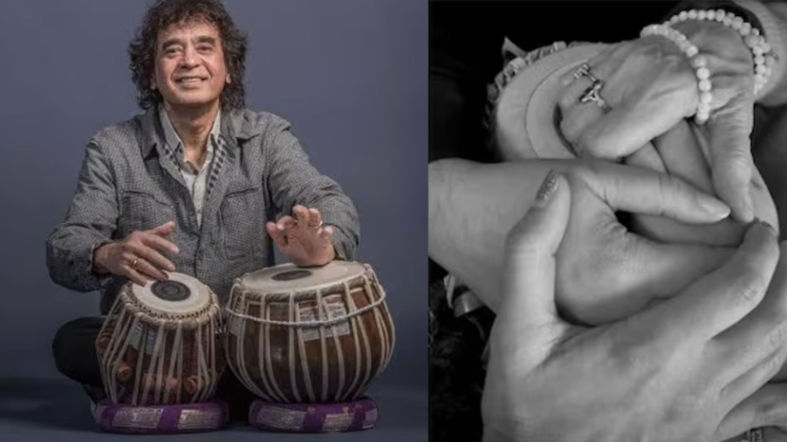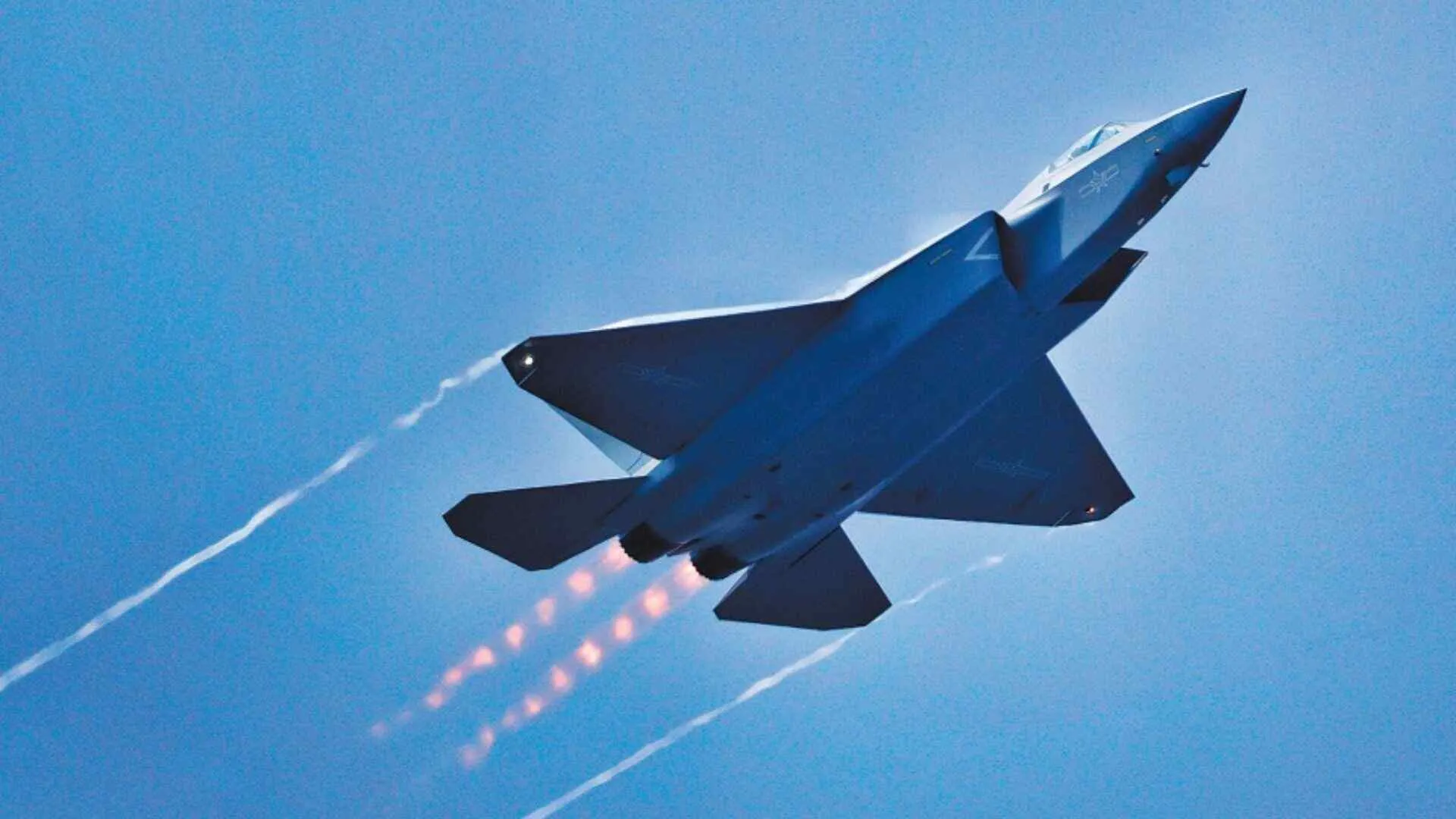At least 14 high school students in Japan were hospitalized after eating potato chips made with Indian ghost pepper, known as bhut jolokia. According to local reports, around 30 students tried the extremely spicy chips, which were brought to a Tokyo school by a male student on July 16 “just for fun.” Despite a warning on the packet stating that the product should not be consumed by anyone under 18, the students went ahead and ate the chips. Many soon started complaining of nausea and pain in their mouths. The school immediately alerted the police and fire department, saying several students were having difficulties after eating the chips. 14 students, all male except for one female, were taken to the hospital.
Company’s Response
Isoyama Corp, the company that makes the chips, reiterated the over-18 warning in a statement after the incident.
“People under 18 should refrain from eating this product because it is too spicy,” the company said, according to The Independent. “Not only people who are not good with spicy foods but also those who enjoy spicy foods need to be cautious while eating this product.” A company representative apologized for the incident and wished the students a speedy recovery.
The controversial chips are Isoyama Corp’s “R 18+ Curry Chips.” On its website, the company “forbids” people under the age of 18 from trying the chips, warning that they are “so spicy that they may cause you pain.” The company also advises people with weak stomachs and high blood pressure to avoid the product.
Bhut jolokia, one of the hottest chili peppers in the world, originates from Northeast India, particularly Assam, Nagaland, and Manipur. It held the Guinness World Record for the world’s hottest chili pepper from 2007 to 2011.
Catch every big hit, every wicket with Crickit, your one-stop destination for Live Scores, Match Stats, Infographics & much more.

